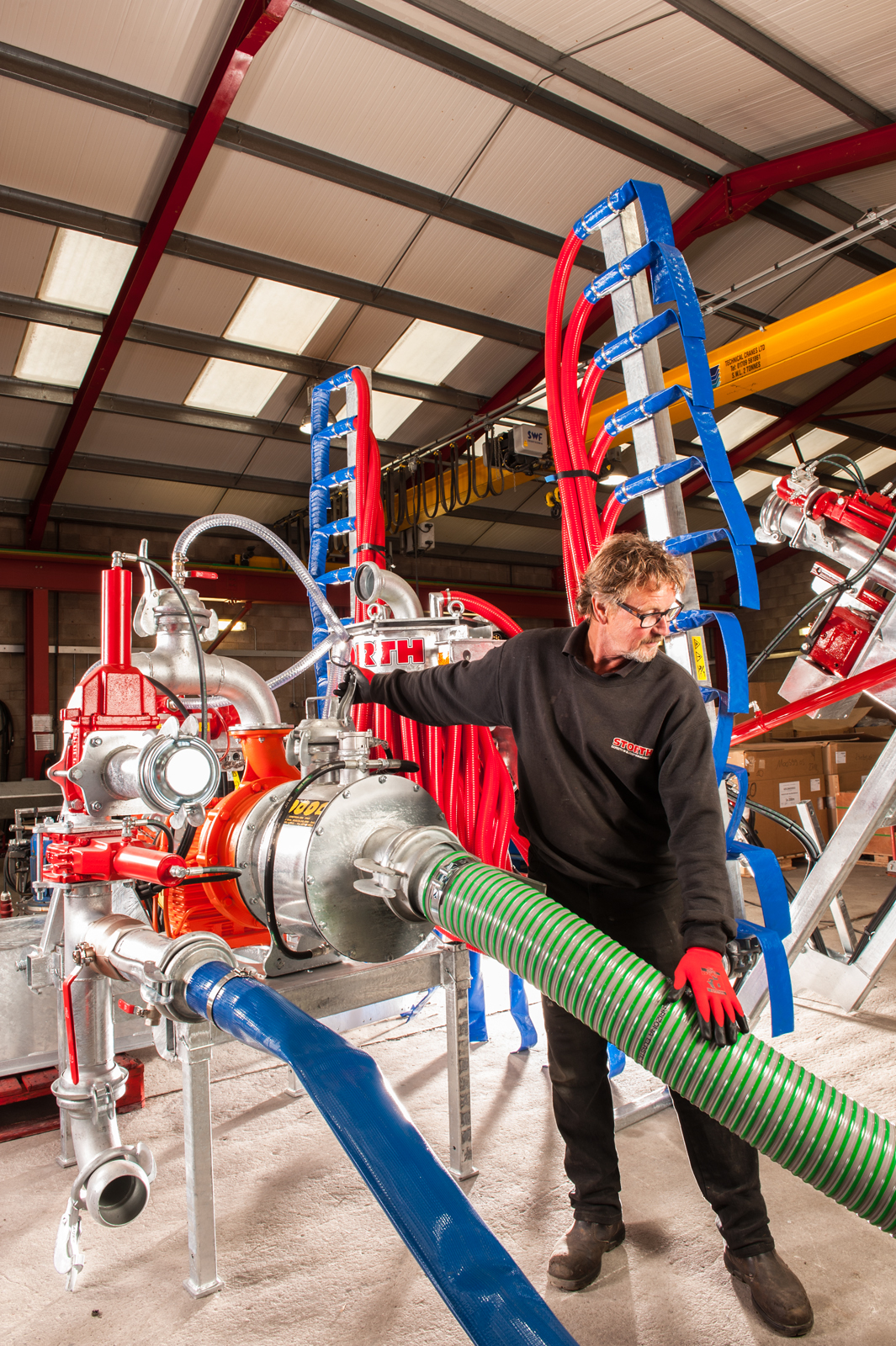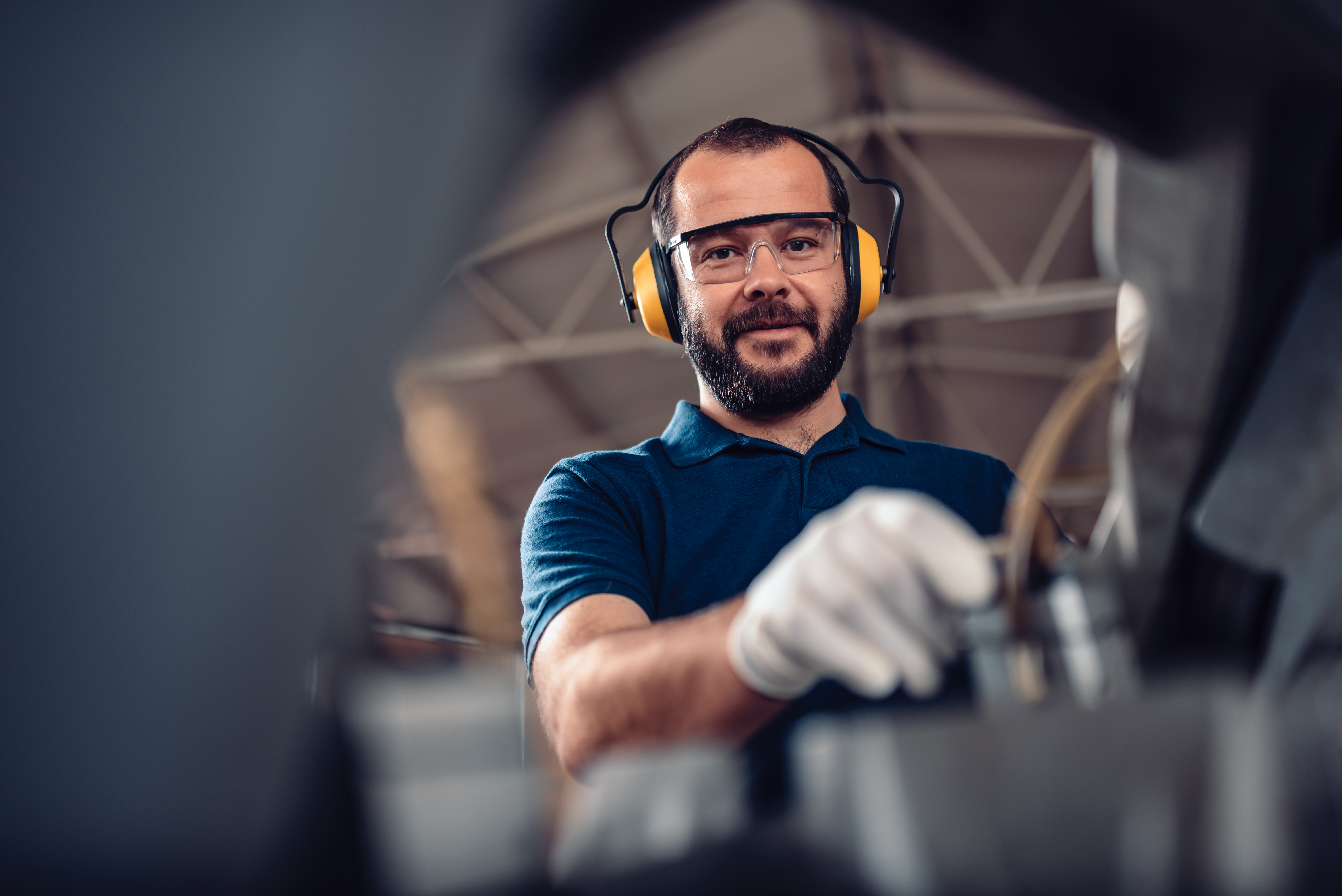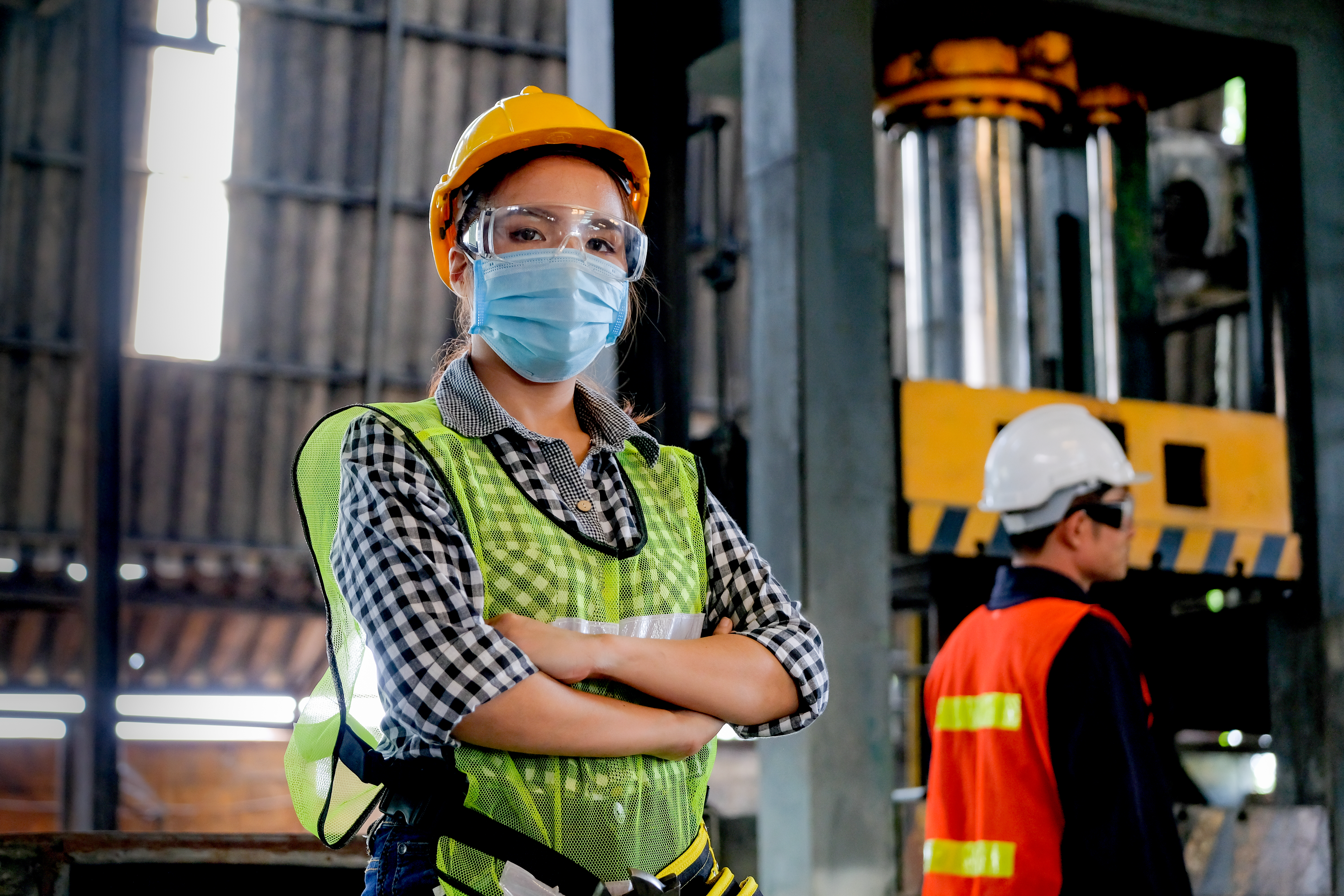A manufacturer of eco-friendly domestic cleaning products, supported by Made Smarter, is investing in a new automated production line to give it a competitive edge and drive sustainability within its market.
Qualkem, based in Crewe, is adopting a filling and labelling operation specifically for short product runs.
The business believes that the solution - which uses up to 100% recycled plastic tubes and closures, 85% recycled polyurethane labels that are in-line applied, and 85% recycled cardboard packaging - is unique to the market and could generate significant sales growth of up to 25% of current turnover over the next three years, and create two new jobs.
The investment will also give the company visibility and access to valuable production data to drive continuous improvement across its processes.
Introducing the automatic tube labelling and filling machinery will see the start of our commitment to digitalisation. Not only will it allow us to offer another packaging regime to our existing customer base, but it will also allow us to actively market to new sectors, for example the cosmetics sector.
Moreover, this digitalisation project will allow us, and our customers, to do our bit for society and the environment, and place more sustainably packaged products on the marketplace."
Ivan Anketell-Clifford, Director
Launched by chemical engineer Robert Frazer and industrial chemist Doug Holt in 1971, Qualkem has worked with blue chip companies and brands including Portaloo and Mercedes-Benz. It has developed its own range of products including its Electrosan Skin & Surface Anti-viral Spray – which helped during the fight against Covid-19.
Now run by Robert’s son-in-law Ivan Anketell-Clifford and daughter Rachael, the business is focussed on process automation to improve productivity and invest in new machinery so it can branch out to offer a PCR tube in-line labelling and filling service.
Rather than developing a manual manufacturing process, Qualkem has decided to invest in a fully automated production line.
The project involves reconfiguring a 5m2 section of the factory and installing a fixed automatic Rigao tube labelling machine, along with a Rigao RGNF-30B automatic 5-250ml plastic tube filling and sealing machine with a stirrer and feed hopper.
The labelling machine will be operated by an operator stacking tubes into a carousel that feeds individual tubes onto mandrills that rotate, applying a label. These are then discharged onto a conveyor for bulk packing off, or transferred by conveyor onto the tube filling and sealing machine.
In terms of the filling and sealing, tubes will be fed into the machine via a carousel. Tubes will enter a rotary carousel that laser registers the tube, accurately fills it, heat seals it at 120℃ and data codes it on both sides.
The machines will be controlled by the built-in PLC controllers and once installed, will provide the business with KPI measurements such as uptime and downtime, production quantity per shift and per operator, power and water usage, good vs bad, actual vs planned, and the OEE.
Each machine will be operated by two people, or three if machines are running concurrently.
The company is also planning to take advantage of Made Smarter’s digital internship scheme and take on a postgraduate in the field of automation and robotics who will help them extract and report on the business and process data gathered by the new machinery.
The filling and labelling machines will produce between 1,800 and 2,400 tubes per hour, with the capacity of manufacturing 10,000 daily.
This is forecast to grow sales by over 25% over the next three years.
The investment will also create two new jobs, including a dedicated machine setter, and upskill the roles of existing packing assistants. Meanwhile, the new roles will free up the production supervisor to develop new opportunities and income streams.
Ivan said: “We believe we will be the only UK company in our market capable of doing both tube filling and labelling, that specialises in small production runs. This will give us our edge. Once implemented, the new machinery will start making money straight away by adding a new business capability whilst utilising resources very efficiently.
“We are entering a key expansion phase where being able to provide flexible solutions and rapid response will become essential in conquering new markets and new, more demanding customers.
“The new Rigao machinery is going to make a huge difference to our company’s future and will help us achieve our true potential.
“This project will also spearhead the company’s journey towards more sustainable packaging solutions and overcome an existing Minimum Order Quantity barrier to market for start-up businesses or indie brands who can use us to produce smaller orders, and we can grow together.”
In the future, the company is planning to build on its success and introduce process control technology to upgrade other parts of the infrastructure; providing not only live process data but also resource monitoring.








